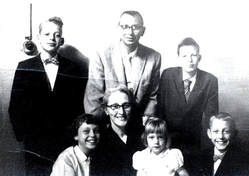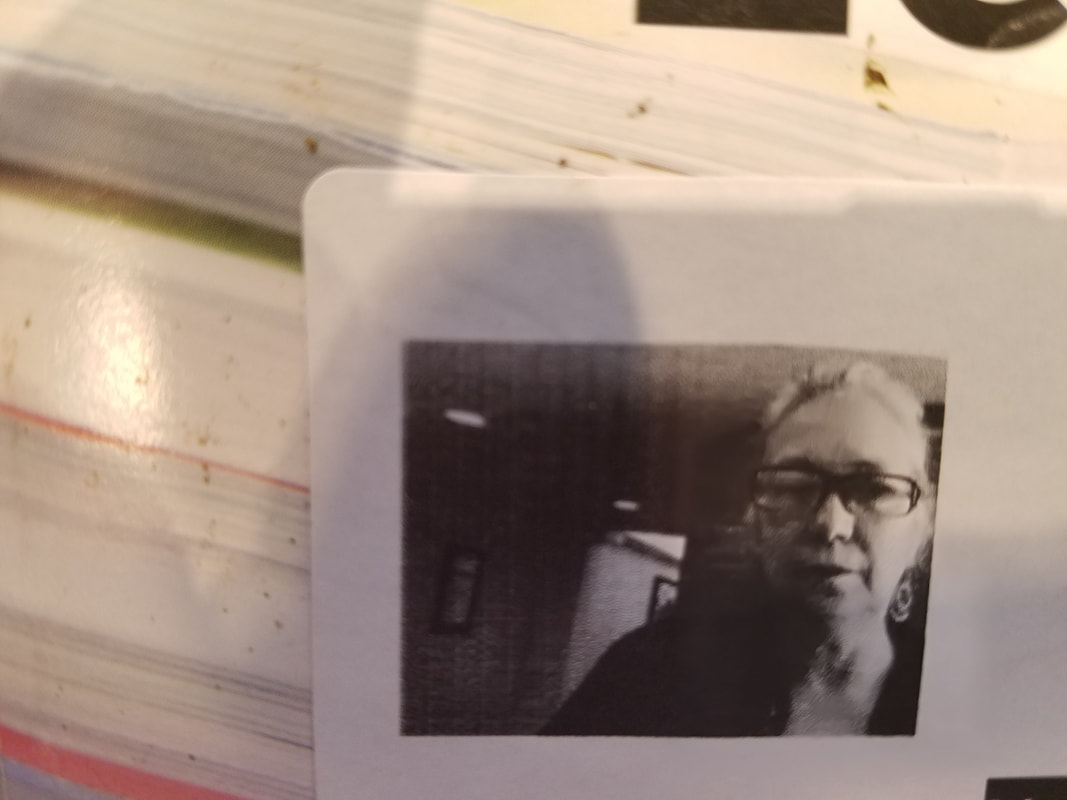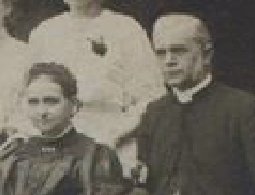 About fifteen years ago I decided to change my professional direction. Rather than just work the nine-to-five for a Corporation or a Non-Profit Organization, I decided to work more intentionally to engage the community, particularly the faith community, in social action and community development. While I was not supported by any agency, it was in many ways a choice to become a missionary, a faith venture in every sense. I had been raised in a medical missionary family and had the privilege to grow up in India. Part of what inspired me to take this leap of faith was after reading the English translation of my great-great grandmother’s diary. This first generation left Germany to live in India as missionaries. Three generations followed in their example, including my father. The diary is a fascinating account of their lives as missionaries and included a firsthand description of the internment and deportation of German residents in British India at the start of World War I. I knew that I came from a long-line of missionaries, but reading their story gave me the inspiration I needed to personally take the leap in my own life. The strong voice of my great-great grandmother inspired me to begin a novel based on the unsung heroism of the missionary wife. I was finding very little information on her, and plenty of on her husband, Ferdinand Hahn. After sorting through the literature and documentation available to me on-line and in books, I went to India to connect with the place where they had worked. In so doing I discovered how important Ferdinand Hahn was to the Adivasi who were beneficiaries of his legacy. It was remarkable to me, for this was a legacy of which I had no prior knowledge. I was encouraged to tell Ferdinand Hahn’s story, so that the story of the original dwellers would also be heard. I attended the University of Wisconsin-Madison and received a degree in Political Science with a minor in Education. I have stayed connected to the UW by attending lectures and conferences sponsored by the Center for South Asian Studies. But much like Ferdinand Hahn, I have no academic recognition. Though Ferdinand Hahn was an artisan with an informal education, he ended up achieving scholarly works writing for the Asiatic Society and other such journals. Following in his legacy I am also an independent scholar. TI doubt I would have ventured very far in this endeavor, without the Gossner Mission in Berlin. The same mission that supported Ferdinand, continued its unique approach to missions until the World Wars. The Mission survived the wars, participating in the Confessing Church movement during WWII. Today it is a ministry partnering with churches around the world. Because of their efforts to preserve their history, I was able to access old records and learn from their efforts. My second cousin, Klaus Roeber, has been their historian and is currently writing a biography on Ferdinand Hahn in German. He has the advantage of easy access to an enormous number of original documents, and books and articles written in old German available in Germany. I have accessed only a fraction of these materials. When my father, Theodore Feierabend, who is a retired missionary from India, saw how tediously I struggled to translate the abundance of documents that I collected from Klaus and others in Germany and India, he (at 93 years old) offered to take on the project. He has translated three or four important histories that are now being made available for publication to the Gossner Theological College (GTC) in Ranchi, India. The Christian Adivasi are eager to make available to their students these rare histories. Most of the students would do better in reading them in Hindi, but that would be another stage in translation. Meanwhile those who can read English can begin to access stories that have been blocked to them due to geography and language. Writing this biography about my great-great grandfather taught me a great deal about myself, as I explored the elements of identity. It continues to be a book of remembrance not only for my family but also for the Adivasi Christians of Chota Nagpur. Together we remember our shared legacy from Ferdinand Hahn. I hope to continue to work in collaboration with the Gossner Mission in Berlin and the GTC to write a study guide to supplement research on a myriad of issues raised in this book. In remembering the past, we revive the hope for a bright future that Ferdinand hoped for the Adivasi.
0 Comments
|
2016 -2020These musings include the journey of my writing on the history of my great great grandparents and the travels for research to India, Germany and other places of interest. Archives
June 2020
Categories |


 RSS Feed
RSS Feed